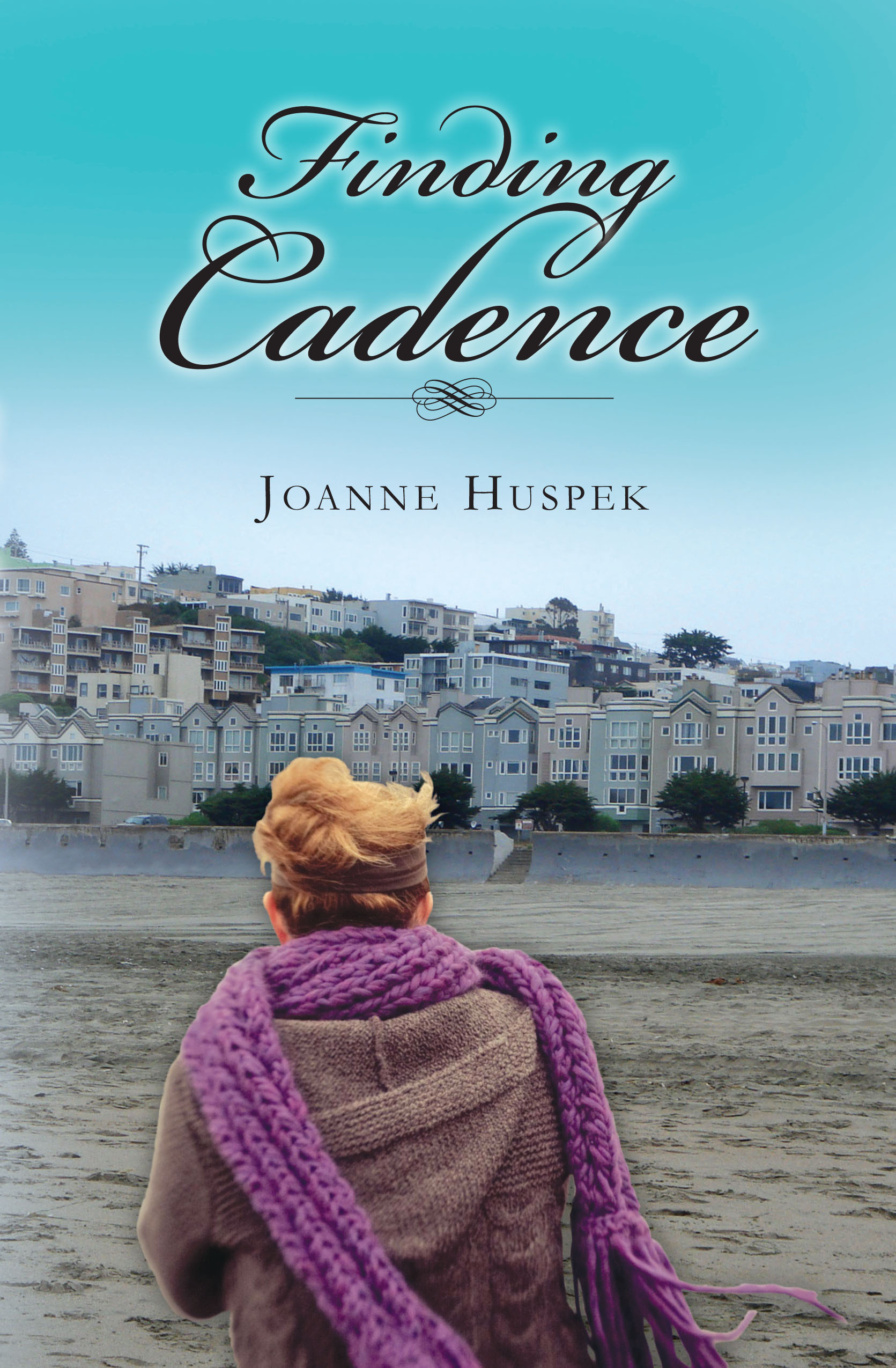The road to hell is paved with adverbs. ~Stephen King
Truer, writerly words have never been written. When editing, the rule of thumb is to eliminate any word that ends in the dreaded “-ly.”
I’ve been editing my completed novels (one for YEARS), and while the first pass-through with the red pen might include a perfunctory Microsoft Word Find and Replace of adverbs (and adjectives, the adverbs’ junky step-sibs), there are several other writing no-nos a serious writer might miss. (Easy to do in a shit-storm of fancy descriptors, believe me.)
However, Word’s Find and Replace is rudimentary. I also use Smart Edit, which takes your entire manuscripts and evaluates it for language redundancies. The first time I ran my words through, I realized (with dismay) that, yes, I really DO write like I speak. I cringed as I went through the work to tighten up my sloppy sentences. Some of my mistakes didn’t occur once, twice or three times, but HUNDREDS of times.
It’s nearly impossible to write 100K words and not use the same word or phrase a number of times, especially in dialogue. The reader learns about your characters through their speech. Still, nothing in the written word irritates me more than hum-drum prose, I didn’t want to sound boring. (My first incarnation of Cadence included several thousand uses of “family.” Oy. And OUCH.) With much thought, I kept most of my re-usable words down to 50 or less throughout the entire manuscript.
After you edit out the adverbs and adjectives, then the writer must take a look at the verbs. Passive verbs, a no-no-no. Finding Cadence was once full of passive verbs, perhaps because when I first started writing, Cadence was a passive woman, and I was a passive writer. While toughening her up, I became the warrior writer. All it took was to take the “was” out. “I was looking” turned into “I looked.” (This is a gross simplification, of course.) It’s so brainlessly easy, I don’t know why I didn’t see it before.
And of course, there are the weak, junky verbs: brought, came, enter, gave, held, go, turn, look, stare, watch, struck, ran, move, climb, remove, put, stand, saw. Weak verbs are precisely the reason why I reach for the Thesaurus.
Recently, I’ve taken to tightening up even more. I call this method of editing getting out the fluff and stuff. For one thing, I noticed that I use “something” and “everything” way too much, even in dialogue. I evaluated my usage: Perhaps the speaker knows what the “something” or “everything” is, but does the reader? Is it implied in a previous passage? If that’s the case, you don’t need it. If it’s not implied, it’s necessary to spell it out. Yes, I know what I’m seeing in my head, but the reader may not see it with the words I choose.
You’ll want to delete overused phrases – “at the end of the day” or “through the years” etc. and the purple-y, clumsy prose.
Editing out the fluff and stuff isn’t easy. It may be a harder edit to accomplish. You’ve been looking at your words for months (or in my case, YEARS). You’re invested in your character, you think about the time you’ve spent, the blood, sweat and tears and labor pains. It’s a lot to push that all aside and do the right thing. (And if you’re like me, you’re a horrible proofreader anyway.) What I’ve found is that my paragraphs are lean and mean, and I’ve managed to pare down my word count. (Yes, I’m paring DOWN. I have too many words!)
My advice is to take the plunge. It may take a lot to trim and tone, but in the end, it might be the best exercise your manuscript will ever get.







